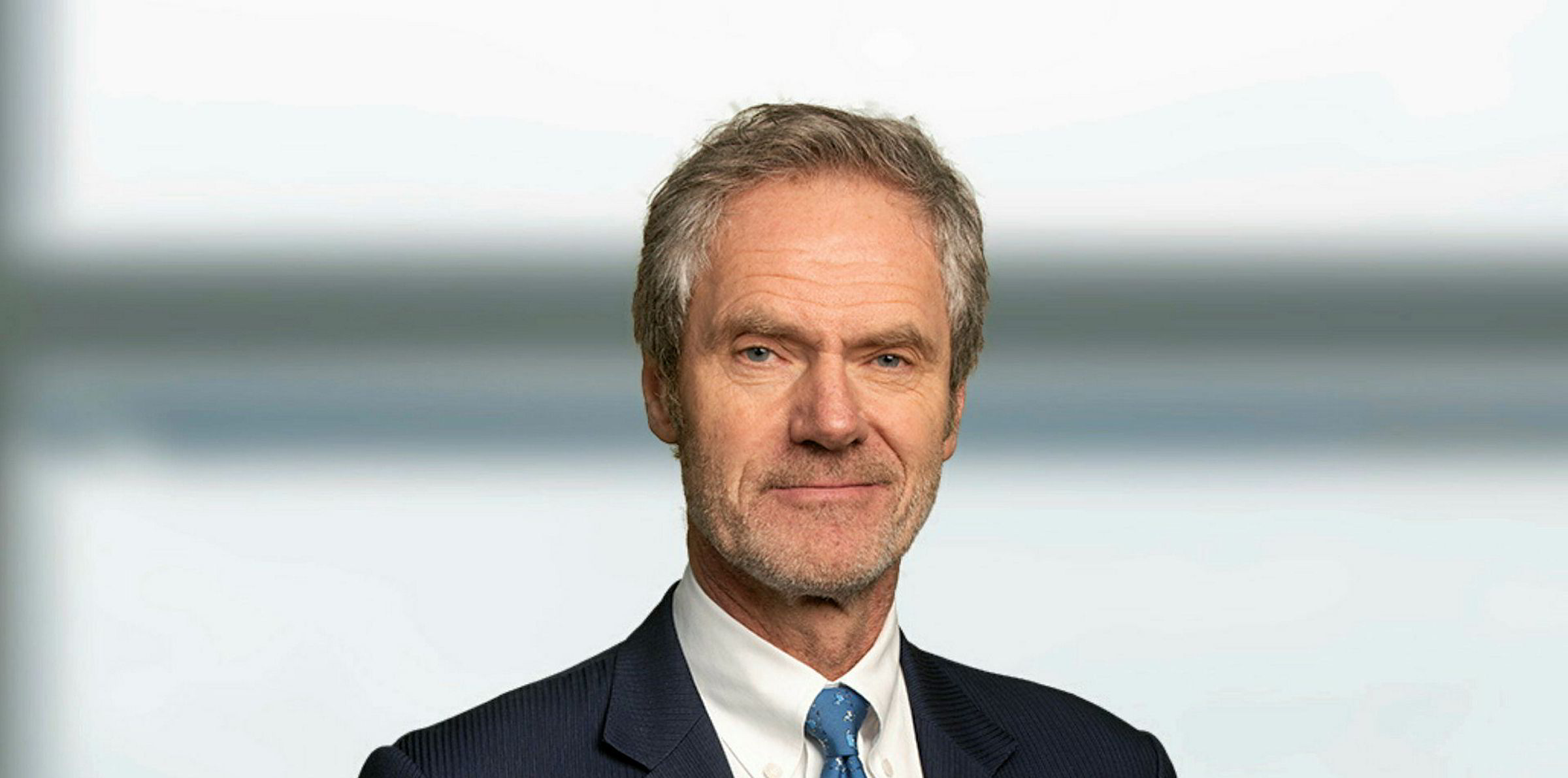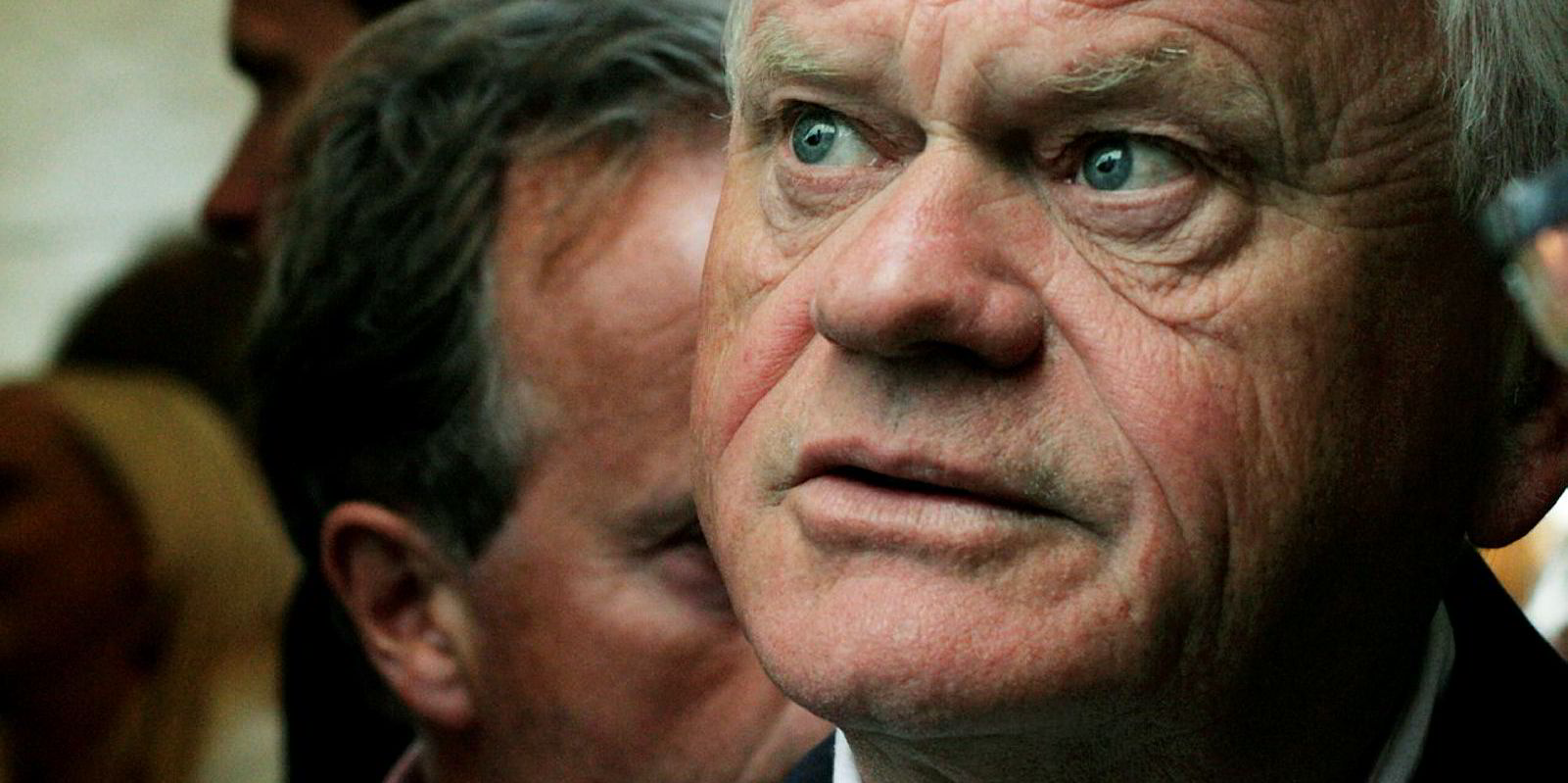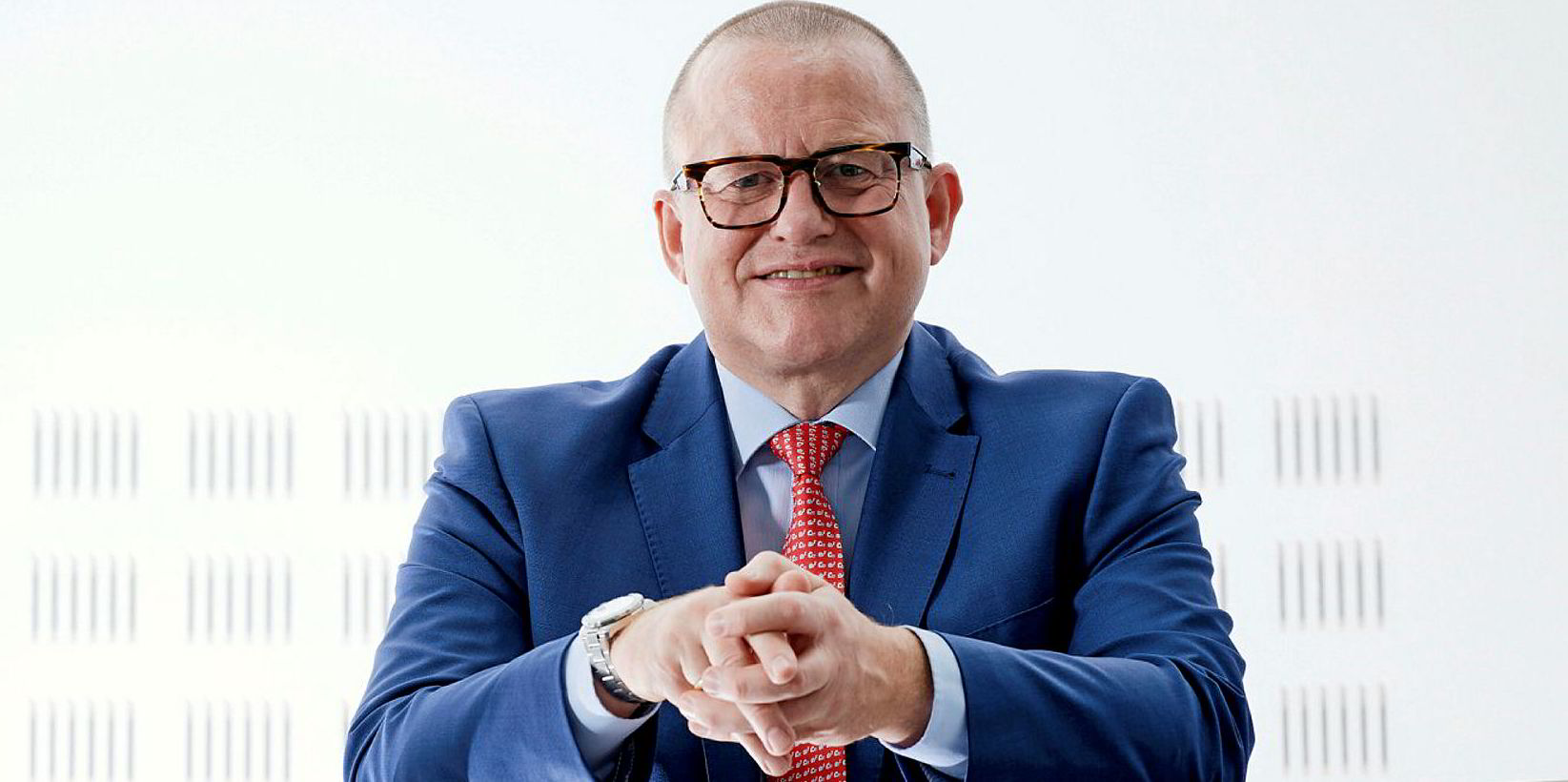The VLGC market has been given a bump up from low levels as demand in the US cut the available tonnage list.
The Baltic VLGC Index was up 23.3% at $27.21 per tonne on Monday, or $14,533 per day, compared to its last daily assessment.
This is still down 31% on this time a month ago, but increased US Gulf volumes have helped the sector.
Clarksons Platou Securities said that after several weeks of quiet activity, the large gas carrier market has picked up pace.
Rates on the US Gulf to Asia route jumped from $45 per tonne to $60 per tonne over the course of last week, equating to a time charter equivalent improvement from $10,000 per day to $20,000 per day, added the investment banking arm of shipbroker Clarksons.
Propane price drops
"Although propane differentials between the US, Europe and Asia are little changed over the past few weeks, the price of propane has continued to drop relative to naphtha," the firm said.
"This has opened up demand from the petrochemicals sector, with propane now much more attractively priced as a feedstock."
Norwegian investment bank Cleaves Securities said the spot market from the US was caught off-guard over the past week as few cargo cancellations led to a rapid exhaustion of the "rather lengthy" tonnage list.
Ship potentially ballasting to the west improved sentiment in the Middle East Gulf, with its assessment of rates jumping 32% week on week to $13,500 per day.
In Europe, propane prices are $50 per tonne below naphtha, compared to $40 per tonne a week ago, while in Asia propane is $60 per tonne below naphtha, against $40 per tonne last week.
"The wider arbitrage has prompted more demand with the US Gulf garnering more attention, while the Arabian Gulf has been much quieter with reduced volumes in part due to the broader OPEC+ cuts," Clarksons Platou said.
The bank said VLGC rates had put on $5,000 per day to reach $16,000.
Although activity is quieter in the Arabian Gulf, further activity from the US Gulf could tighten vessel capacity, especially long-haul vessel availability, and support rates going higher, the company added.






